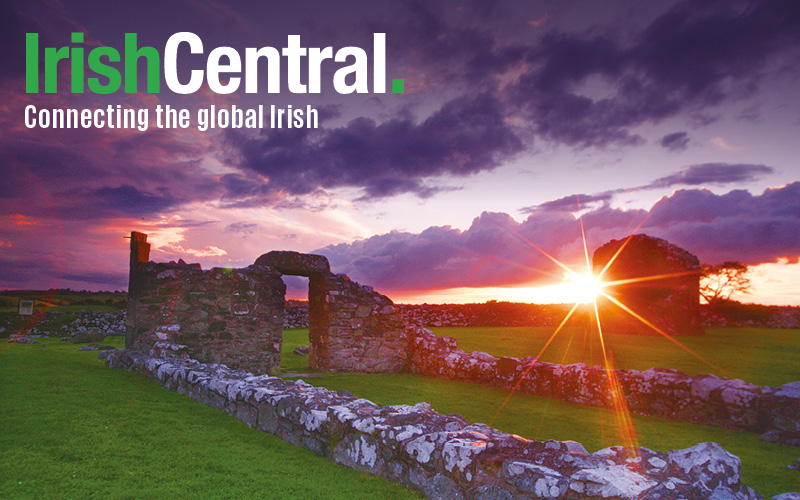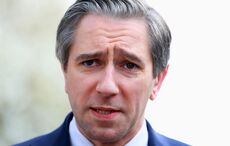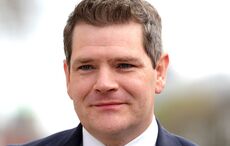American peace envoy Dr Richard Haass is confident some of Northern Ireland’s most divisive issues will be resolved.
Dr Haass was drafted in to chair a series of talks with members of both sides of the community in Ulster.
His brief is to help resolve three key issues not covered under the Good Friday agreement - flags and emblems; parades; and dealing with the legacy of the past.
Formerly envoy to Northern Ireland during George Bush’s presidency in 2001-03, he was appointed to chair the new political talks initiative
The Irish Independent reports that Dr Haass left for home with a great sense of confidence after a week-long series of engagements that included 30 meetings with politicians, academics, clergy, the Loyal Orders, business leaders and senior civil servants.
He was supported on his visit by US foreign affairs expert Dr Meghan O’Sullivan.
A Christmas deadline has been set to find common ground on three outstanding issues not dealt with by the 1998 Good Friday peace agreement.
Dr Haass said: “We come away from this week with a strong sense of possibility about what can and what should be accomplished.
“This is not our first rodeo, we have both been in a number of political processes formal and informal in the Middle East, Asia, Latin America and here (Northern Ireland).
“Based upon that experience and the quality of the conversations and also our familiarity with the issues I believe there is a real chance to succeed.
“But, that is just that - a real chance is not a guarantee. Obviously it depends upon the willingness of some people to make some tough decisions and then defend them.”
Dr Haass described the tone and substance of meetings which culminated in a plenary session with the five Executive parties were described as encouraging.
He added: “We have made clear all along that we are working under a deadline, that we will finish our work before December 31 of this year.
“Nothing that I have heard or read leads me to think that more time will result in more progress. If that were the case I would consider it.
“It is obvious that the critical variable in our work here is not time nor is it me personally or Meghan O’Sullivan but rather the willingness and the ability of the political leaders in Northern Ireland to make difficult choices and to make the case for those choices to and with the people who live here.”
Professor O’Sullivan told the Irish Independent that although no side had thrown down a gauntlet dealing with the legacy of the past could prove to be the biggest sticking point.
She said: “The past seems to be in a different category. It is much more nebulous, it has to address a much wider range of issues and there are so many different models that can be approached that have been used in Northern Ireland and other parts of the world.
“We feel good about the prospects for progress on each of the three fronts but the past is the one that will be the hardest for us to get our arms around.”
Dr Haass is expected to hold meetings in London and Dublin and in other areas of Northern Ireland during October and November.
He said: “For this round and the next round the thrust of what we are doing is listening and asking and then come November and December the nature of the interaction will change.
“Our entire purpose here is to produce a set of proposals or principles that will be broadly acceptable.”




Comments